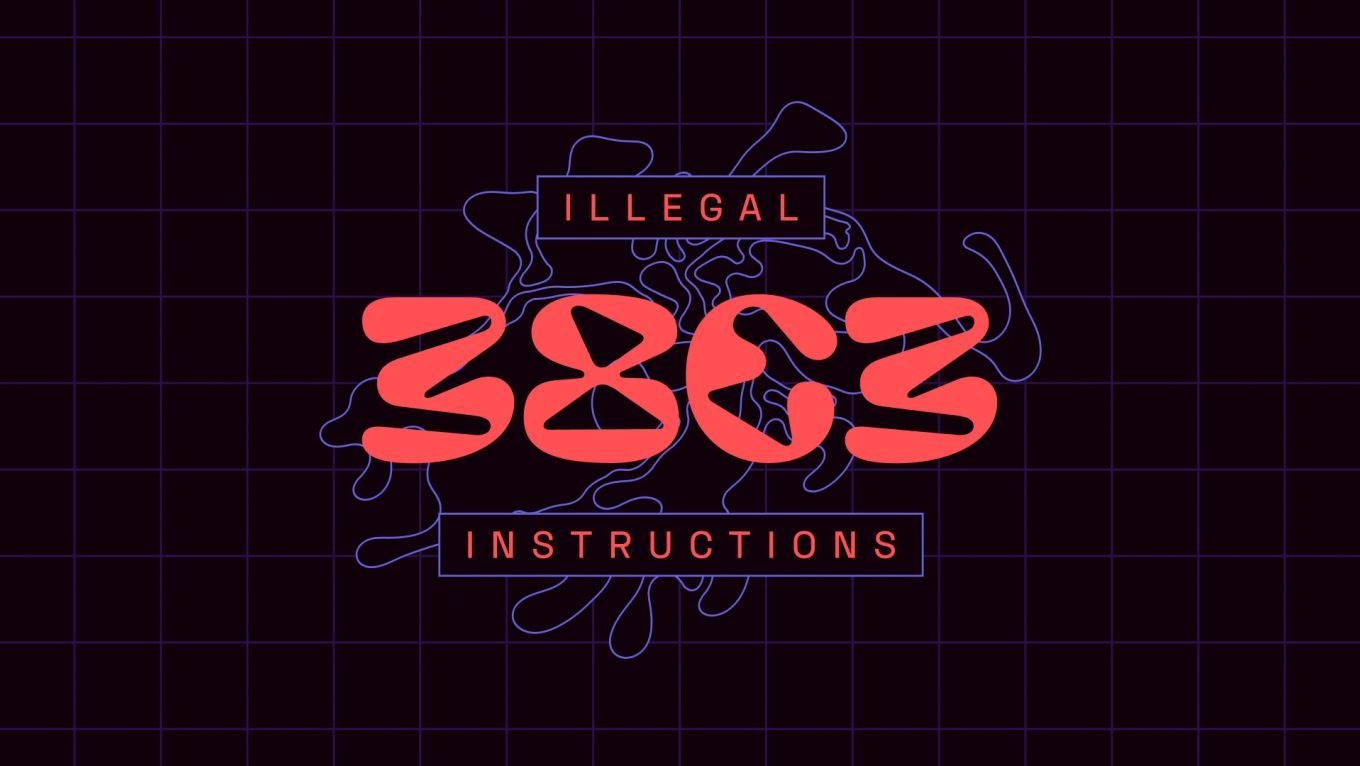Observability is just Contextualized Monitoring. Change my mind.
The infrastructure industry has recently started co-opting a well-established software engineering practice and is doing so badly. Observability is being overhyped as something revolutionary that you can only practice using the latest new shiny tool. Real observability provides insight only when we take the time to understand what we’re monitoring, why it matters to our organization, and how each metric connects to our goals.
This talk critiques the tool-centric approach that has taken over infrastructure monitoring, encouraging infrastructure teams to step out of their offices, touch grass, and talk with their organizations to answer the essential question: What is it you want monitored anyway and why?
We’ll explore the power of applying observability as a practice, not just a product, and highlight F/L/OSS tools that offer powerful, adaptable solutions without the hype.
If you’re tired of replacing one flashy dashboard with the next, or if you’ve ever wondered whether observability is really the game-changer it’s made out to be, this talk is for you. Let’s take a cue from our software engineering friends and approach observability as a collaborative, cross-functional practice that builds on strategy rather than the next tool.
The term “observability” is everywhere, packaged as the next game-changer for infrastructure. But beneath the hype, it’s little more than contextualized monitoring—and the infrastructure industry has co-opted it badly. This talk takes a critical look at the tool-centric approach to observability that’s dominating the market and offers an alternative: an approach to observability based on strategy, not the latest tool.
We’ll explore the origins of observability as a software engineering practice, where things went wrong as it moved into infrastructure, and how tool-driven marketing misses the point. From understanding why we’re monitoring to identifying what actually matters to our organizations, this session challenges infrastructure teams to rethink observability and ask essential questions that can transform monitoring into a true asset.
Finally, we’ll dig into powerful F/L/OSS tools that already do the job well, without the hype or the hefty price tag, and consider how infrastructure teams can use and contribute to open-source observability practices that support genuine insight. Join me in side-stepping the hype, and discover how real observability could mean thinking like a hacker—using practical, adaptable, and community-driven solutions that prioritize understanding over just another flashy dashboard.
Additional information
| Live Stream | https://streaming.media.ccc.de/38c3/huff |
|---|---|
| Type | Talk 40 (30min +10 Q&A) |
| Language | English |
More sessions
| 12/27/24 |
Exploring the security of the new iPhone Mirroring feature as well as the current threat model of the iOS ecosystem
|
| 12/27/24 |
Das neue Gesetz über die Selbstbestimmung in Bezug auf den Geschlechtseintrag (SBGG) ist da und Menschen können endlich unkompliziert ihren Geschlechtseintrag und ihre Vornamen ändern lassen. Doch der Weg dahin ist nicht einfach. Kommt mit auf eine Roadshow gespickt mit Tipps und Erfahrungen, damit ihr eurer Ziel einfacher erreicht.
|
| 12/27/24 |
In a world of centralized internet control, building your own mesh network isn't just a technical challenge—it's digital independence. This beginner-friendly guide walks through creating resilient mesh networks using accessible hardware like LoRa and ESP devices. From antenna selection to node placement strategy, learn how to build networks that operate independently of traditional infrastructure.
|
| 12/27/24 |
End-users in cellular networks are at risk of connecting to fake base stations, and we show that mitigations pushed in 5G are insufficient.
|
| 12/27/24 |
Im Rahmen eines vom Prototype Fund geförderten Projektes entstand zusammen mit 4 Schulen die Open Source Software BinBa. Diese Software wurde in enger Zusammenarbeit mit den Schulen konzipiert, umgesetzt und in Betrieb genommen. In dem Talk soll der Weg über die Finanzierung mit Hilfe des Prototyp Funds, die Softwareentwicklung zusammen mit den LehrerInnen und SchülerInnen also auch die Inbetriebnahme beleuchtet werden.
|
| 12/27/24 |
Staatliche Repression aufgrund der Teilnahme an Demonstrationen oder wegen anderer politischer Tätigkeiten gehören zur leidigen Erfahrung von Aktivist*innen. Wir geben Tipps und diskutieren, wie man mit einigen, typisch auftretenden Situationen bzw. Repressionsmaßnahmen umgehen kann.
|
| 12/27/24 |
Wenn Sicherheitsforscher und Hacker Datenlecks direkt dem dafür Verantwortlichen melden, setzen sich u.U. strafrechtlichem Risiko aus oder werden auch mal schlicht ignoriert. Stattdessen kann es in der Praxis aber auch sinnvoll sein, die Möglichkeiten der DS-GVO und die Befugnisse der Datenschutz-Aufsichtsbehörden zu nutzen, um Sicherheitslücken schnell zu schließen.
|

